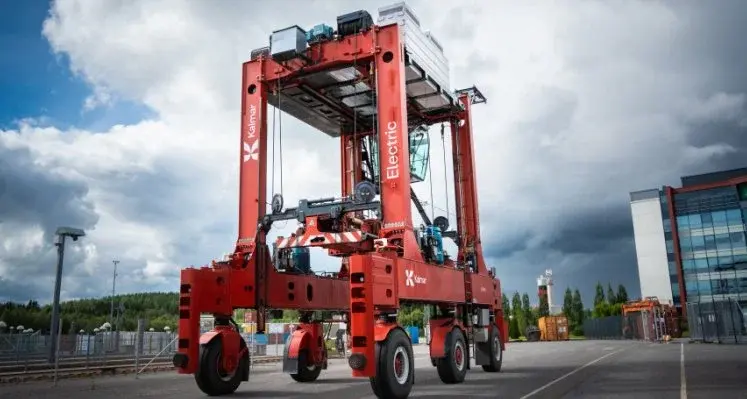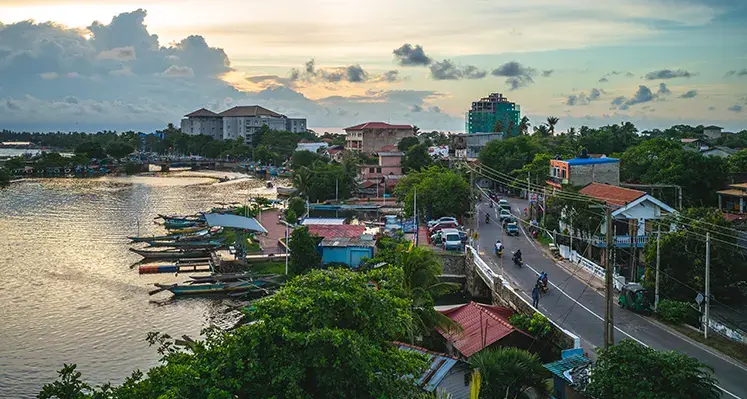
UAE logistics leader Al Sharqi Shipping expands into Kenya and Uganda, digitising trade across East Africa
UAE-based logistics firm Al Sharqi Shipping has officially expanded into Kenya and Uganda, creating a dual operational footprint aimed at digitising and accelerating trade between the UAE and Africa’s high-growth markets
Strategic gateway and hub approach
The expansion targets the full logistics value chain in East Africa:
-
Kenya (Nairobi): Leveraging the UAE-Kenya Comprehensive Economic Partnership Agreement (CEPA), Nairobi will serve as the primary coastal gateway for cargo entering the continent.
-
Uganda (Kampala): The Kampala office will act as a critical transit hub for the Great Lakes region, managing on-carriage logistics to landlocked markets, including Rwanda, South Sudan, and the Democratic Republic of Congo.
Infrastructure and capabilities investment
Al Sharqi is building local capabilities in both countries to ensure full end-to-end control of operations:
-
Customs Acceleration: Proprietary workflows to efficiently navigate Kenya and Uganda’s regulatory frameworks.
-
Cross-Border Trucking: Dedicated fleets to secure the complex Mombasa-Nairobi-Kampala corridor.
-
Supply Chain Visibility: Real-time tracking of goods moving from Dubai to Uganda’s interior.
"This is not just an expansion; it is a commitment to the future of UAE-Africa trade," said Kashif Rafiq, CEO of Al Sharqi Shipping.
"While the UAE-Kenya CEPA provides the regulatory framework, the logistics reality requires boots on the ground across the border. By establishing a direct presence in both Nairobi and Kampala, we are securing the entire trade lane, ensuring reliability for importers in both key markets."















